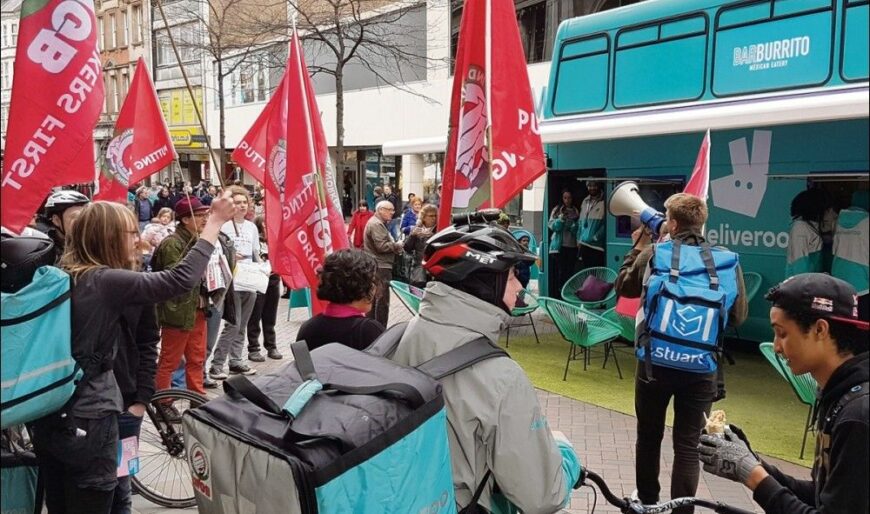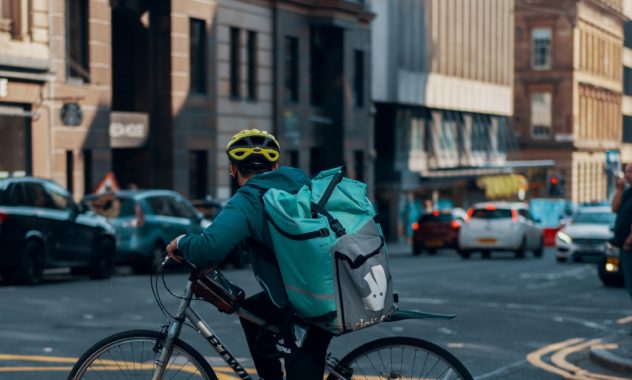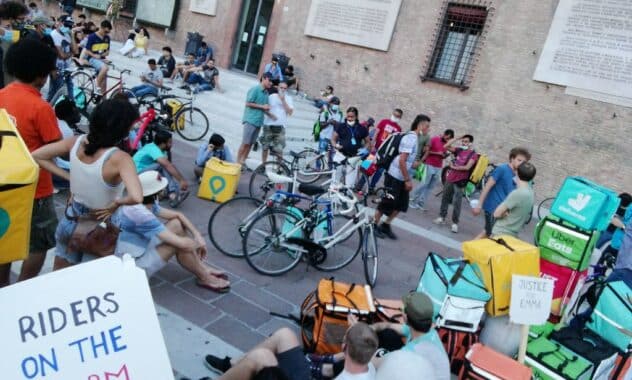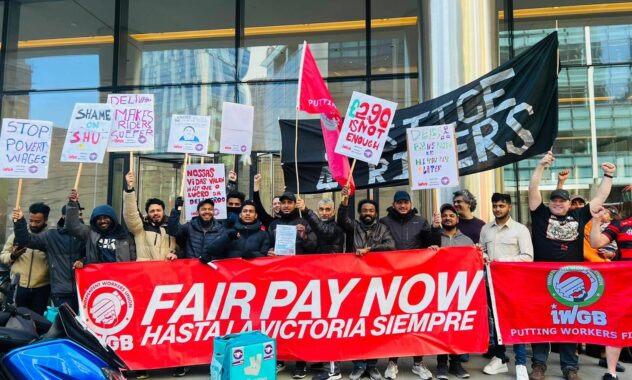Supreme Court ruling: Deliveroo riders are not employees
CAC correct to refuse a trade union’s application for recognition in respect of a group of Deliveroo riders, rules Supreme Court

Deliveroo delivery riders are not employees, the Supreme Court (the UK’s highest court) has ruled.
In an eagerly anticipated judgement, the Supreme Court has said people working for Deliveroo couldn’t be considered employees because they don’t have specified hours, can work for rival companies, and can appoint someone to work in their place.
“”As a union we cannot accept that thousands of riders should be working without key protections like the right to collective bargaining.
Whether reflected in legislation or not, couriers are joining the union in ever bigger numbers and building our collective power to take action and hold companies like Deliveroo to account,” a statement said.
Our strength lies not in court rulings but in our unity as a workforce coming together to demand change.”
A Deliveroo spokesperson said:
“UK courts repeatedly and at every level have confirmed that Deliveroo riders are self-employed, and this now includes the Supreme Court, the highest court in the country. This is a positive judgment for Deliveroo riders, who value the flexibility that self-employed work offers.”
Deliveroo added that it had agreed a “voluntary partnership agreement” with the GMB in 2021 which gave the union collective bargaining rights on pay and consultation rights, on benefits and other issues, while still recognising riders as self-employed.
The Supreme Court decision was met with dismay by employment law experts. Alan Bogg, Professor of Labour Law at Bristol University said on Twitter / X:
“The Deliveroo outcome is bitterly disappointing. Where a legal test results in the exclusion of the most precarious workers from Sched A1, there is a serious problem. It does at least narrow the ground. Article 11 TU rights are allocated to those in an “employment relationship”.”
Virginia Mantouvalou, Professor of Human Rights & Labour Law at University College, London, said:
“No better way to illustrate structural injustice at work. People in secure, standard employment contracts enjoy many rights which people in precarious work do not have. A sad day for labour rights of precarious workers following the Deliveroo judgment of the UK Supreme Court.”
And Nicola Countouris, of Professor of Labour Law and European Law at UCL said:
“Bad news for the IWGB union, as the Supreme Court held that its riders are not in an ’employment relationship’ for the purposes of A11 ECHR. The ‘substitution clause’ in their contract proved fatal to the claim.”







